By Kim Haas
I am 12, walking down the street with my mom. I’m wearing denim shorts and a new T-shirt from K-Mart that has the word “Foxy” quilted across my newly evident chest. The letter “o” is actually the face of a fox. A car slows down and a guy yells something out the window at me, pelting me with words about my body, my shirt, my legs—whatever it is that has caught his attention.
This is the first time this has happened to me. I’m not the pretty one. Not the popular one. I am quiet. I read. I’m the good friend. The good student. The good daughter. My mom walks us a little faster, muttering under her breath, “Now, it starts.” I keep up with her but part of me wants to slow down, lag behind her, see what else my presence walking down a street might inspire. Another part of me wants to hide behind her, using her as a shield from the world, from the gaze of men, passing judgment on me as if it’s their right to do so. My mom is right. Something is starting: my life as a collection of body parts.
In January of 2015, two Stanford University graduate students biking across campus saw a male on top of a half-naked, unconscious woman behind a dumpster. They restrained him until police arrived. In March of 2016, freshman, Brock Allen Turner was found guilty of three counts of sexual assault. Facing a maximum sentence of fourteen years, he was given only six months because a longer sentence could have a severe impact on Turner who aspired to be an Olympic swimmer. He served three total.
In my ninth grade homeroom, the boy who always sits in front of me because our name are close alphabetically, turns around, glares at me and hisses, “Ni–er lips.” I slouch lower in my chair, my hand hovering in front of my face, hiding my mouth.
In August of 2012, two teenage football players kidnap and raped a 16-year-old girl who was so drunk she had no idea what had happened to her—to her body—until she later saw it splayed across social media.
I am sitting in tenth grade biology wearing a J. Geils T-shirt that I bought at the concert the night before. The shirt is black with colorful handprints splayed across the front. My male teacher checks out the shirt and says, in front of the entire class, “Hey, Kim, I had a really good time putting my handprints all over your shirt last night.” Some jerks in the class laugh, others squirm, lowering their head, avoiding my gaze.
At a homecoming dance in October of 2009, a young girl was invited to party with some classmates in a dark courtyard on school property. She consumed high quantities of brandy and after refusing sexual propositions by her classmates they beat her and raped her for more than two hours. Apparently dozens of bystanders witnessed the act, but none called for help.
I have more personal stories I could relate: the doctor who suggested I use a vibrator, telling me how he and his wife used one, his face close to mine, red and beaded with sweat.
Or the time I was in the apartment of some guys who were friends of a friend I was with. I got a strange vibe and told my friend we had to leave. One of the guys offered to call us a cab. I watched him pick up the phone (back in the days when phones were attached to the wall) and disconnect it while pretending to call for the cab.
Or the time a family friend strolled into the kitchen of the cabin wearing only a towel. All of the adults were drinking and going in the sauna then rolling naked in the snow. All of the kids were in the living room, in sleeping bags sprawled across the floor. He saw I was awake and smiled at me, his chest wet from snow or sweat. He called me “Hot Lips.” I was eleven.
There are thousands upon thousands more rapes I could list here. I never even touched on rapes that occur around the world. Who can forget hearing about the 2012 gang rape on a bus in Delhi?
One in four women will be sexually assaulted here in our country.
One in four.
How often is the girl or woman unconscious or too drunk to be able to consent? That’s the part that just baffles me beyond belief. How do females become mere orifices for boys or men to use as they please?
I look back at my own life and am grateful that I have not been a one in four statistic. But I have lived with the threat of becoming one my entire life—avoiding dark parking garages, parking under a street light, walking with my keys, not taking drinks from strangers.
I can look back at my own life and pinpoint the times I have been reduced to body parts: lips, tits, ass, legs.
I can look at back at all the magazines I’ve devoured over the years from Seventeen to Cosmopolitan that encourage me to tone my abs, my glutes, my thighs, my arms, even my pussy.
I can look back to when women couldn’t vote. Or were considered the property of their husband.
Or to today when women earn 78 cents on the dollar compared to men.
Is it a matter of value?
Being valued as whole women, not merely valued for our parts.
Today, at 51, I still look in the mirror and see parts: belly, thighs, ass, breasts. Scanning for bulges and bumps, gray hairs and wrinkles. As if those things affect my value as a woman. As a human. As if how I look adds or subtracts from my essential worthiness.
My daughters are in college now. I saw that some young men at North Carolina State University invented a nail polish that will change color if dipped into a drink that has been roofied.
That sounds great.
Doesn’t it?
I feel about this nail polish the same way my nineteen-year-old feels about feminism. She hates that it even has to exist, but acknowledges, with equal levels of disgust and sadness, that it must. She hates that the need for feminism implies that she is less than. That she is not equal to men. That she is not as valued as men are.
I acknowledge that this nail polish has its place. How can I not? Rape and rape culture are real things. Things that occur with disturbing frequency. But I hate that a need for this roofie-detecting nail polish exists. I want my daughters to be able to pick up a drink, secure that it is safe for them to consume. I want them to be able to walk down a street and not be a magnet for comments on their bodies.
This is a huge societal issue. What can I do? Me, a fifty-year-old women living in the Midwest suburbs? In the spirit of being the change I wish to see in the world, I can start by looking in the mirror and seeing all of me. I can start by not seeing myself as a collection of parts that need to be refined, reduced, reshaped.
I can start by looking in the mirror and liking what I see.
I can start by not judging every woman who crosses my path, not comparing my parts to her parts.
I can start by telling my 12-year-old self that she doesn’t need to hide but she also doesn’t need to seek out attention from men. That her worth is not in her body. It is not measured in another’s glance or comment. That she will save herself a lot of heart ache if she starts embracing herself as she is, not how she wishes she could be. I’d tell her to stop buying all those magazines that tell her she needs to change all the different parts of her body.
I can continue to write about this, sending my words out into a world where I have a decent chance of being trolled online to being downright harassed or threatened for using my voice.
“Just Not Sports” created a video of men reading mean and often, threatening tweets to female sports journalists. They range from being compared to a nagging wife to inciting a hockey player to “beat you to death with a hockey stick like the whore you are.”
Sadly, women and girls no longer need to be walking down a street to be verbally assaulted. It can now happen in the privacy of our homes via technology.
The anonymity of the internet has bred an entire new population of misogynists. Men, hiding behind keyboards attempting to intimidate women into sitting down and shutting up. Men who are threatened by a woman using her voice so they need to remind the woman (and themselves) of what she really is: a collection of body parts to be seen and not heard.
After being called a cunt on her Facebook page, Glennon Melton Doyle wrote this:
“Misogynists call women cunts when they are trying to instill fear, trying to put us back in our place, trying to remind us that what our identity boils down to is: our cunt.”
Once again, reduced to a body part, this time for having a voice. And using it. She claims it is not only about our worth but our very identity.
It’s about who we are.
Joel Osteen says that “I am” are two of the most important words in our language. Not because of the words themselves but because of the words that follow them.
We can start by choosing those words carefully.
Choosing words that lift us up, rather than weigh us down.
Choosing words that embrace all of who we are.
We can start by remembering that men who use vulgar, sexist language toward women should be ashamed by their words and actions, not us.
We can start by not letting words shut us down or keep us quiet.
We can start by standing tall, speaking up and acting from a place of strength, power and love, refusing to be defined by and reduced to mere body parts.

Kim Haas lives in Michigan with her husband and their two amazing daughters. She does not have a BA or MFA but is learning the craft of writing the old fashioned way—through lots of reading and writing followed by more reading and writing. She is a certified yoga teacher because yoga changed her life and she hopes to offer the same possibility to her students. She loves the space where yoga and writing intersect and teaches classes based on that intersection. She enjoys an unexpected good library day, indie bookstores, indie films and loves a good pun, or even a bad one. Visit her blog where she ponders all the ways that the art of practice permeate her life, like her Facebook page or you can follow her on Twitter.
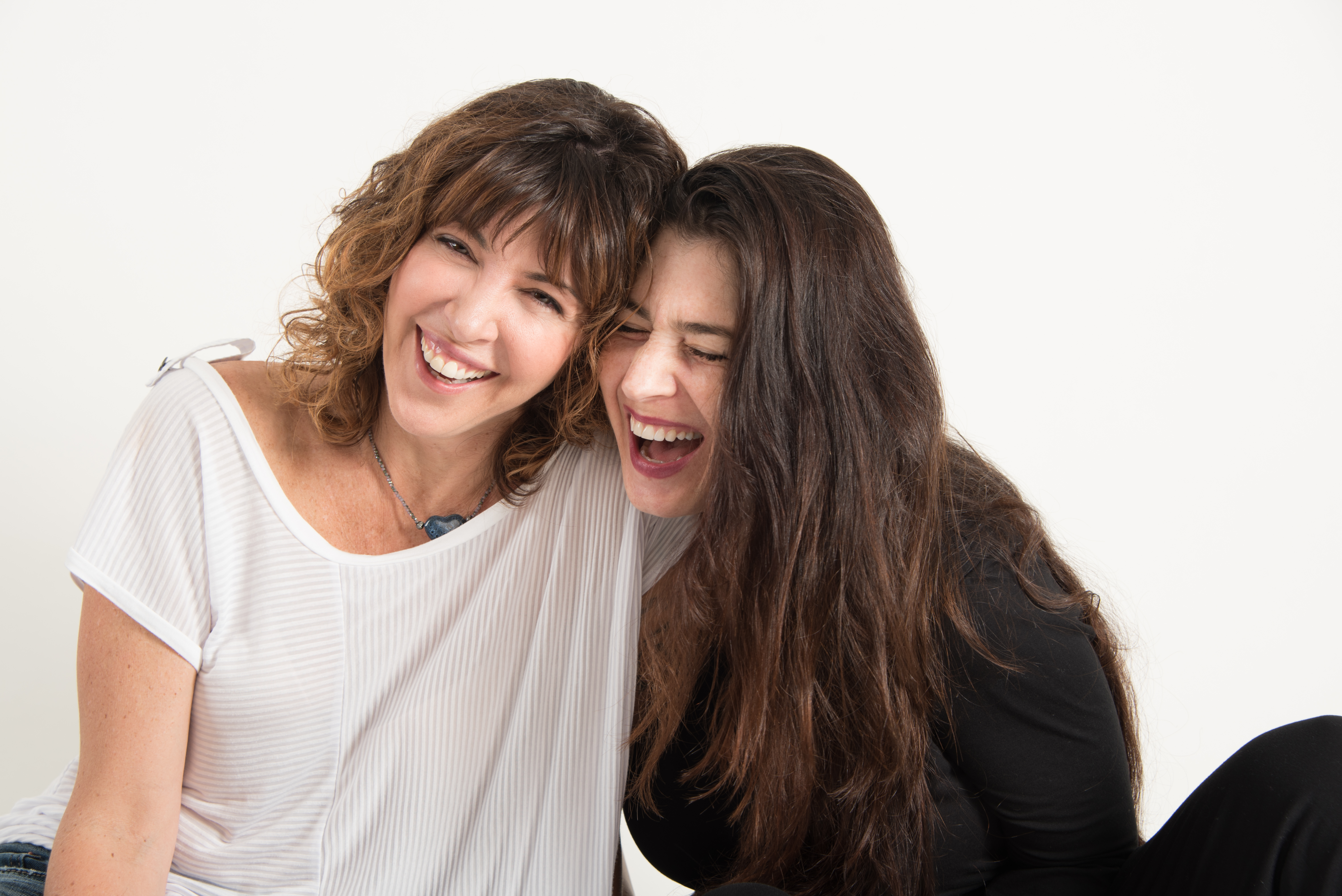
Join Ally and Jen Pastiloff for an intimate online course about what it means to be a woman at this time. Space is very limited. Course runs Jan 12-Feb 9, 2017. Click the picture to sign up or to get more info on the course and its perks!
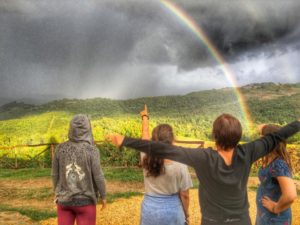
Join The Manifestation Retreat: Manifesting Under The Tuscan Sun. June 17-24 OR Sep 9-16. Email retreats@jenniferpastiloff.com or click the picture above.
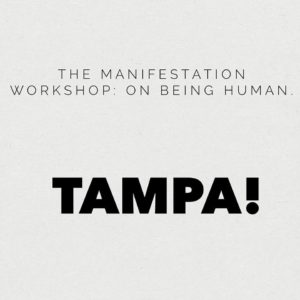
What’s Jen Pastiloff’s workshop all about anyway? It’s about being human. Connecting. Finding your voice. Not being an asshole. Singing out loud. Sharing your fears. Bearing witness. Telling your fears to fuck off & fly. Listening. Moving your body. Laughing. Crying. Finding comfort. Offering comfort. Letting go. Creating.
Next one after this is NYC Feb 4 at Pure Yoga West. You don’t need to be a yogi at all. Just be a human. Click photo to book.

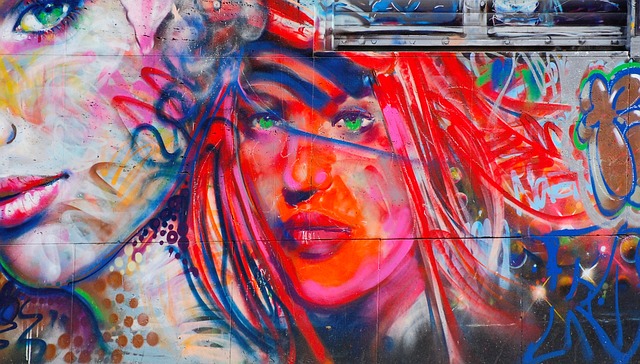
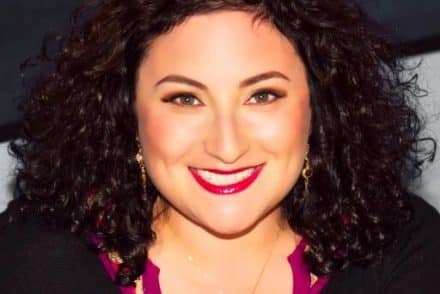


2 Comments
Thought provoking and beautiful written as always Kim. So proud I can call you my friend.
Thank you so much, Vicki!